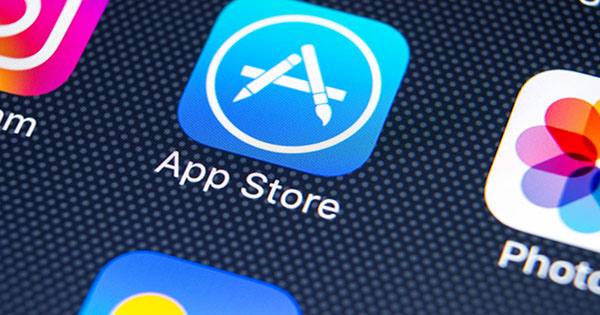According to research released in November, a lawsuit claims that Apple not only tracks, records, and collects data through its App Store without the user’s consent, but also monetizes it. The plaintiff hopes that the lawsuit will result in a class action by providing this information about browsing history and activity.

The plaintiff was identified as Elliot Libman, and according to AppleInsider, the complaint was filed in the US District Court for the Northern District of California with case number 5:2022cv07069. Sadly, Libman’s lawyers do not share their client’s enthusiasm and think that the case will be challenging to prevail. Details about the lawsuit are given below
“Apple’s practices infringe upon consumers’ privacy; intentionally deceive consumers; give Apple and its employees power to learn intimate details about individuals’ lives, interests, and app usage; and make Apple a potential target for “one-stop shopping” by any government, private, or criminal actor who wants to undermine individuals’ privacy, security, or freedom. Through its pervasive and unlawful data tracking and collection business, Apple knows even the most intimate and potentially embarrassing aspects of the user’s app usage— regardless of whether the user accepts Apple’s illusory offer to keep such activities private.”
According to the article, Apple’s servers are where the data that Libman is referring to is stored. For instance, Netflix also employs a practice in which user data is gathered on the servers and linked to a particular account, indicating that the plaintiff’s attorneys or counsel may not fully understand the concept of server-side data collection. Despite the fact that the study cited in the report discusses data sales as well as information that was compromised through hacks, the lawsuit also claims that Apple has benefited financially from users’ personal data.
Recall that Apple maintains that it does not collect user data and is open about how it uses data in its advertising platform; this fact alone may be enough to put an end to the litigation. Users of the App Store and iPhones always accept the terms and conditions that Apple establishes before they can begin using them, thus it seems unlikely that these actions violate any laws. Customers must have been deceived by a business by participating in acts that were not mentioned in the agreement in order for the case to actually go to court.
Unfortunately, we still don’t know when the case will go to a hearing, nor do we have any new information.
















